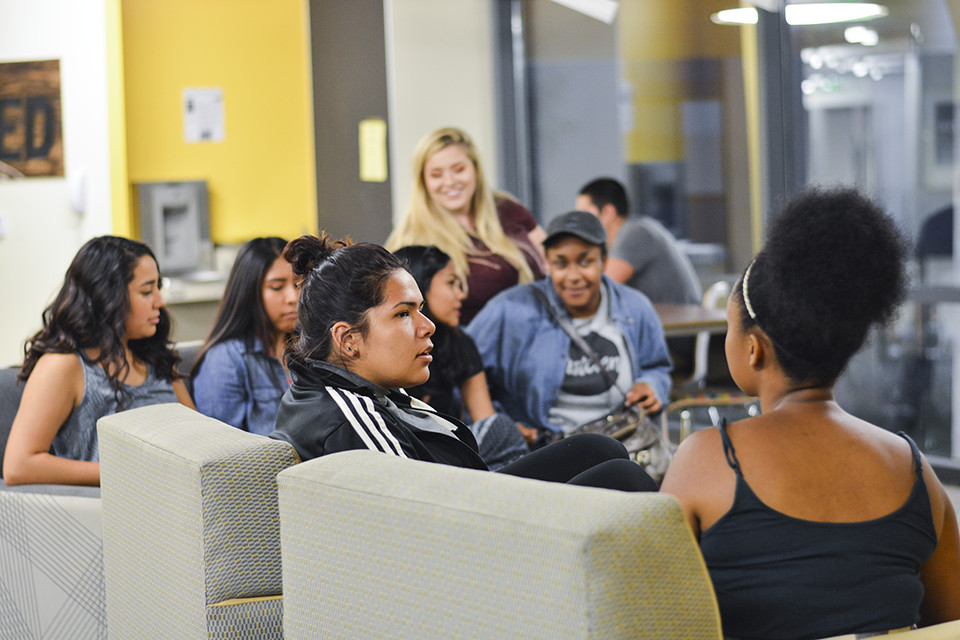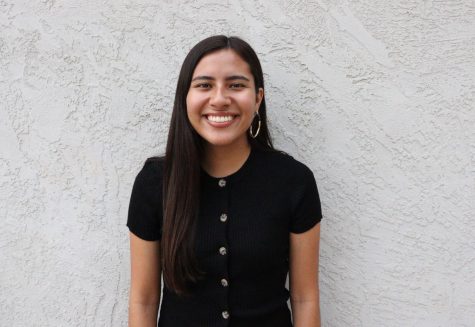As college and university students transitioned to fully online formats, struggles such as “Zoom fatigue” presented unprecedented challenges into their college careers. Although the transition has been a process for entire college communities as a whole, first-generation students are finding ways to create community and succeed in a new environment.
RESOURCES FOR FIRST-GENERATION STUDENTS
The FirstGen Scholars Program, under the department of Student Enrichment and Intercultural Development, serves as a bridge for many first-generation students as they transition into college. The program provides students with community building events, mentorship opportunities and success workshops to help students with their resumes or financial aid.
When Biola announced it would be shifting fall semester to a virtual format, FirstGen saw it as an opportunity to open up the summer bridge program to reach all their students. Events like this had not been possible before due to their strict budget, but this transition allowed the department to use their money differently. Assistant Director of Student Enrichment and Intercultural Development Lester Larios believes new doors are being opened to celebrate all FirstGen students.
“And the other cool thing is that this year, instead of celebrating National FirstGen Day, we’re actually going to extend it to be National FirstGen Week,” Larios said. “We have a week’s long worth of programming, social media campaigns, videos, events that are going to be rolled out this November.”
MAKING THE MOST OUT OF THE PRESENT
Bible, theology and ministry major Austin Velasco received emails about what student life would possibly look like when he arrived on campus for his first year. After the pandemic hit, Velasco was aware that he would be missing out on the in-person experience, but so far, this is the only college experience he has known and is choosing to make the most of it. He has stayed connected with other members of the FirstGen Scholars Program and is building a community for himself through an app called GroupMe.
“I know that I am missing out on a bunch of stuff, but I’m having such a great time praying and worshiping with these people and getting into Bible studies,” Velasco said.
Although junior liberal studies, elementary education major Melody Holloman is not transitioning into college for the first time, she had expectations of what going to a Christian university would look like.
“I know in my community college I built relationships with professors and peers and I went to clubs and all that so I was hoping for more of that at Biola, but with the spiritual aspect in it,” Holloman said.
Regardless of taking all her classes remotely, Holloman still feels that she is being poured into spiritually and learning how to build community. Even though she is not in the FirstGen Scholars Program, she attended the summer bridge program and expressed that it helped her strengthen what she already knows as a first-generation, transfer student.
“The summer bridge program kind of provided some sources and tools for me to look back on with how I can take care of myself and how to access certain resources like psychologists and counselors,” Holloman said.
RESILIENCE
Larios is aware that first generation students have an added layer to navigate through when it comes to entering college, but he believes that these students are resilient even through recent circumstances. He also believes that they’ll be able to survive anything else that college may throw their way and come out even stronger than when they started.
“They are very creative, very innovative. They find ways to make connections, to get informed, to find the resources they need to thrive, so even though there’s almost like an extra layer that they have to navigate through, they always find a way to push through it and they have the support there when they need it as well,” Larios said.












